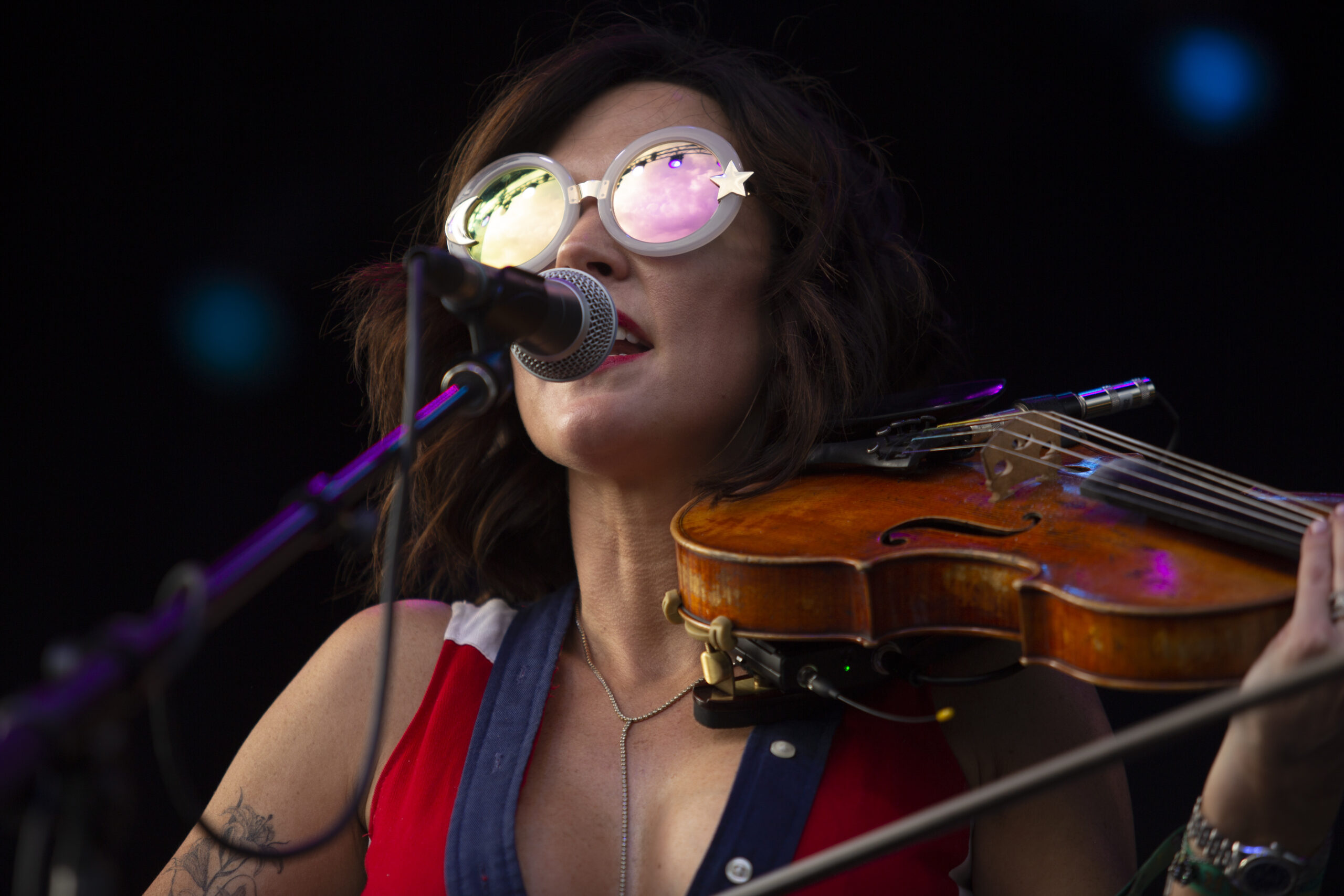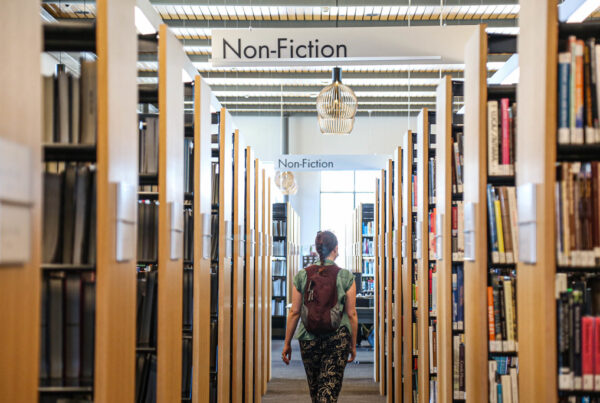First emerging in the 1970s, the outlaw country genre is often associated with names like Willie Nelson, Waylon Jennings and Kris Kristofferson. But outlaw country has also seen large contributions from female artists, and that’s especially true of late.
In a recent piece for Texas Highways, Natalie Weiner takes a look at the impact female artists have had in this genre dominated by men. She joined the Texas Standard to talk about it. Listen to the interview above or read the transcript below.
This transcript has been edited lightly for clarity:
Texas Standard: You know, I was thinking about who I would count in that sort of outlaw country realm, and I realize I’m not sure that there’s a good definition that everyone would agree on. How do you define outlaw country?
Natalie Weiner: I mean, I think obviously we associate it so much with the names that you just mentioned. The premise of this story and this exploration was more on how these women who make country music of all different varieties, you know, ranging from stuff that’s on country radio to what’s called like “Americana.” They all sort of channel that outlaw spirit. You know what I mean? Like, they’re pushing the boundaries and evolving those genres.
And the truth is, in Texas music, you could make the argument that someone who wasn’t even a performer had an enormous impact here – Cindy Walker. If you don’t know the name “Cindy Walker,” you’ve got to look it up. But I want to get back to this larger premise that perhaps women in outlaw country may be having something of a moment now.
Yes, definitely. I think specifically women country artists from Texas have been making more changes to country music in the past ten and 20 years than anyone else. You know, it’s really women from Texas who have pushed country in all kinds of directions politically, esthetically, otherwise. You know, they’ve kind of forced change much in the way that those outlaws of the seventies did.
So let’s talk some names. Who would you cite as an example?
I mean, it starts with the Chicks.













